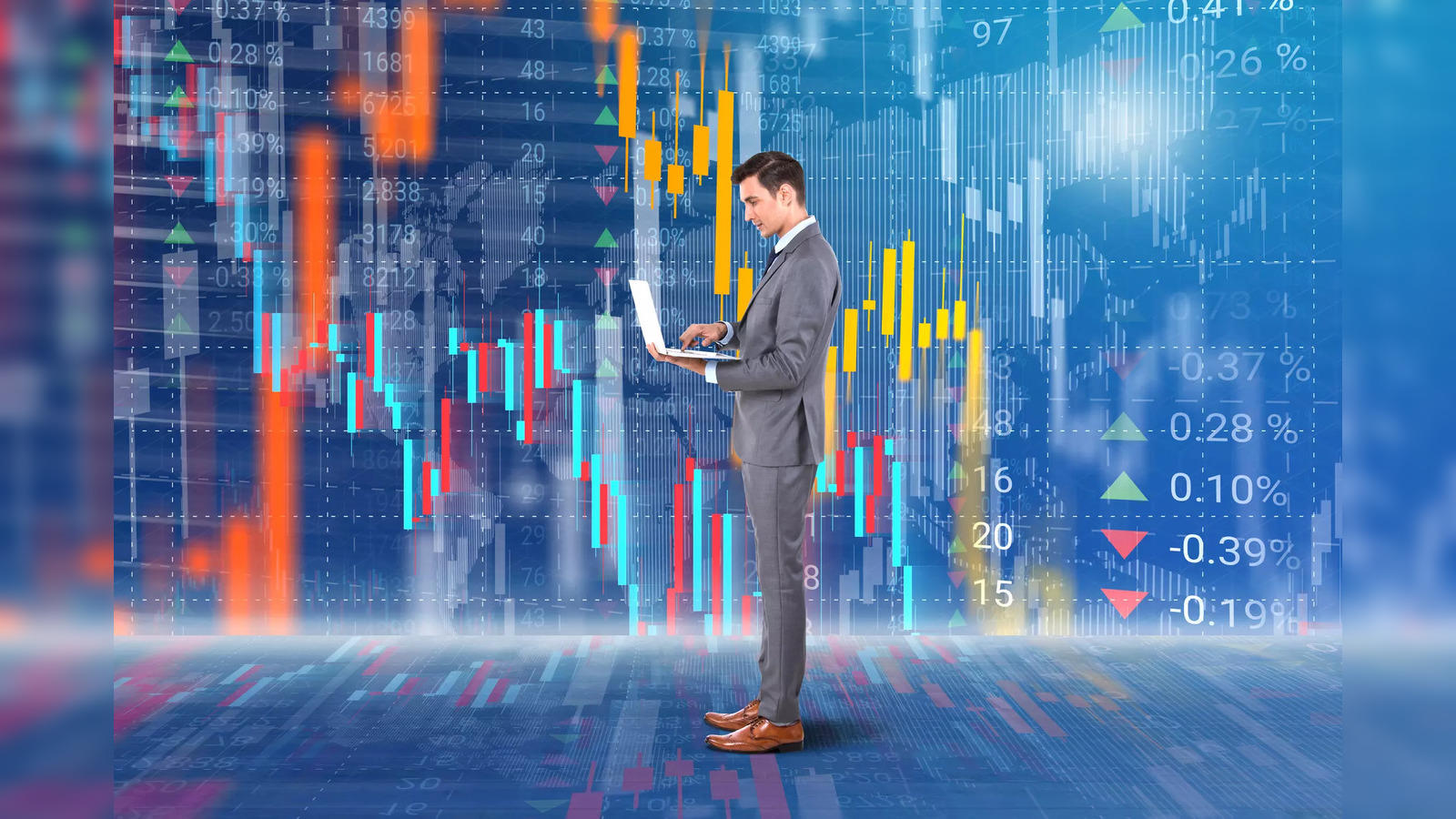 Contract for Difference (CFD) trading can be an exhilarating foray into the world of financial markets. It offers seasoned investors and newcomers alike an opportunity to speculate on the rising and falling prices of fast-moving global financial products such as shares, indices, commodities, currencies, and treasuries. But diving into the world of CFDs is not without its risks, which is why selecting the right cfd broker is crucial. In a landscape crowded with options, understanding what makes a good CFD brokerage can significantly impact your trading experience and financial success.
Contract for Difference (CFD) trading can be an exhilarating foray into the world of financial markets. It offers seasoned investors and newcomers alike an opportunity to speculate on the rising and falling prices of fast-moving global financial products such as shares, indices, commodities, currencies, and treasuries. But diving into the world of CFDs is not without its risks, which is why selecting the right cfd broker is crucial. In a landscape crowded with options, understanding what makes a good CFD brokerage can significantly impact your trading experience and financial success.
A Reliable Regulatory Framework
Before anything else, make sure the broker is operating under a reliable regulatory environment. Financial regulation varies across the globe, but the purpose is universal – to ensure fair and ethical business practices, as well as financial stability. When evaluating a broker, check which regulatory authority they answer to. Trustworthy ones include the Financial Conduct Authority (FCA) in the UK, the Australian Securities and Investments Commission (ASIC), and the Cyprus Securities and Exchange Commission (CySEC). Regulated brokers follow strict financial and operational rules, including having a minimum amount of capital to protect clients and maintain segregated accounts to keep their funds separate from the company’s operating capital.
Competitive Spreads and Fees
CFD trading is often marked by tight profit margins, which means that every basis point counts. Spreads, which represent the difference between buy and sell prices of CFDs, should be as narrow as possible. Moreover, look beyond spreads to understand the overall cost of trading, including any commissions and overnight financing charges for positions held overnight. Reputable brokers are transparent about their fee structure, so be wary of those who aren’t. Remember, the cheapest option isn’t always the best. Consider the full range of services offered and the quality of execution alongside the costs.
Technology and Trading Platforms
The trading platform serves as your cockpit in the fast-paced world of CFD trading. It should be user-friendly, reliable, and offer the tools you need to analyze markets, manage risks, and execute trades as quickly as possible. Many brokers offer MetaTrader 4 or 5, which are popular among traders globally. Additionally, consider whether the broker’s platform is available as a desktop application, webtrader, or mobile app. A robust mobile trading app is particularly important if you want the flexibility to trade on the go. Look for a broker that ensures smooth operation even during high market volatility.
Customer Support and Education
As with any service, good customer support can make a significant difference. A reliable CFD broker should provide customer service that’s both responsive and knowledgeable, preferably with 24/7 support since markets operate globally and don’t stop for anyone’s time zone. Beyond that, the broker should also offer educational resources such as webinars, courses, and market analysis, especially if you’re new to CFDs. Trading is complex, and even experienced traders can benefit from ongoing education to polish their skills and keep up with the ever-changing market dynamics.
Execution Quality and Risk Management
A broker’s execution quality refers to how well they follow your trading instructions and how tight the spreads are during typical market conditions. Look for brokers with a high percentage of executed trades without slippage. Additionally, risk management tools such as stop-loss orders and guaranteed stop-loss orders (GSLOs) can help you control the downside of your trades, which is crucial given the leveraged nature of CFDs. Some brokers offer negative balance protection, ensuring you can never lose more money than you have in your trading account.
Diversity of Offerings and Leverage
The best CFD brokers offer a wide range of markets, giving you the flexibility to diversify your portfolio and access various asset classes. Leverage can exponentially increase both gains and losses, so it’s important to understand and be comfortable with the level the broker provides. While high leverage might seem attractive, it also increases risk, so use it judiciously. A good broker should provide clear information on leverage and have mechanisms in place to check that customers understand the risks involved.
Reputation and History
Lastly, do your due diligence on the broker’s reputation. Search for reviews, complaints, and any history of regulatory infractions. A long-standing broker with a solid reputation is generally a safer bet than a newcomer. However, don’t discount newer brokers completely, as some may offer innovative services and competitive pricing. Look for a balance between a broker’s reputation, history, and the services they offer.
Choosing a CFD broker shouldn’t be a hasty decision. Take your time to research and compare, and consider that what works best for one trader may not be ideal for another. Your trading style, goals, and the level of support you require are all key factors that should shape your decision. With the right broker by your side, CFD trading can be a rewarding experience that opens up a myriad of investment possibilities.

